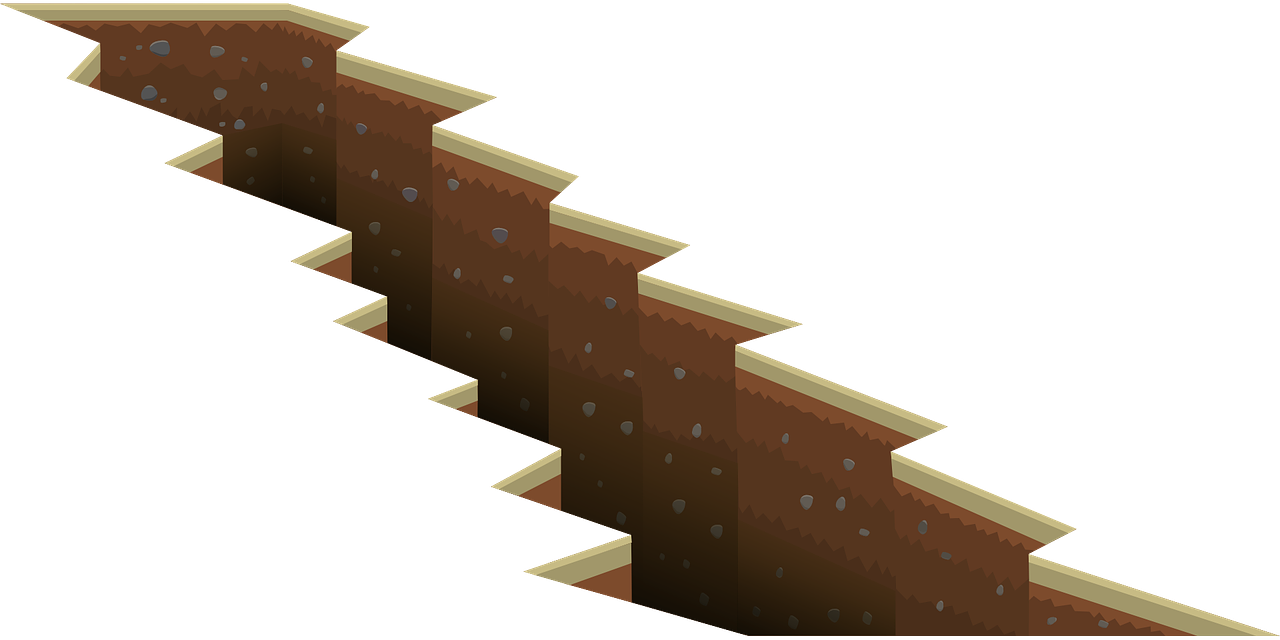
The holding in the published opinion in Blizzard Energy, Inc. v. Shaefers (D2d6 Nov. 29, 2022) 85 Cal.App.5th 802 is that a frivolous cross-complaint counts toward the five frivolous lawsuits an in pro per litigant may file under Code of Civil Procedure section 391 before being deemed a vexatious litigant. The trial court had refused to declare Shaefers a vexatious litigant because one of his lawsuits was a cross-complaint and the trial court thought that didn’t count. It does count.
But how did Blizzard convince the court to grant review of the order? An order on a motion for a vexatious-litigant determination is not an appealable order under Code of Civil Procedure section 904.1, the appealability statute. An unpublished opinion out of the First District Court of Appeal said so earlier this year.
True, but an order declaring a person to be a vexatious litigant is the equivalent of an injunction. And injunction orders are appealable under section 904.1. So the Blizzard court held the order was appealable.
Here’s the holding to clip-and-save. First, note that the statute for determining a party to be a vexatious litigant, section 391.7, subdivision (a), authorizes the court to issue an order that “prohibits a vexatious litigant from filing any new litigation in the courts of this state in propria persona without first obtaining leave of the presiding justice or presiding judge of the court ….”
The court then said: ““[T]here is no question that the prefiling order contemplated by section 391.7, subdivision (a) is an injunction.” (Luckett v. Panos (2008) 161 Cal.App.4th 77, 85, 73 Cal.Rptr.3d 745.) “[A]n order granting ... or refusing to grant ... an injunction” is appealable. (§ 904.1, subd. (a)(6).) Therefore, the order denying appellant's motion is appealable as an order refusing to grant an injunction. (See In re Marriage of Rifkin & Carty (2015) 234 Cal.App.4th 1339, 1347, 184 Cal.Rptr.3d 783.)”
Although I endorsed the Luckett reasoning in an earlier post on this subject, let me now offer a dissenting view. When discussing injunctions, one usually imagines orders that affect a litigant’s activities out in the real world. Like an order to halt a development, or to remove an interference from someone’s property. Orders affecting the real world need an opportunity for review.
But the same cannot quite be said for orders that only affect court world. Orders compelling discovery, for example, are orders that enjoin certain conduct. So based on the very same rationale as in Luckett and Blizzard, most discovery orders would be directly reviewable as injunction orders. Yet there is no chance an appellate court is going to entertain any argument that would make discovery orders directly reviewable.
The court probably thought it untenable that prefiling vexatious-litigant determinations under section 391.7 should defy appellate review, and so followed the holding of Luckett. But I would not expect other courts to expand the holding beyond this application. Orders that only affect court-world are unlikely to be considered injunctions.